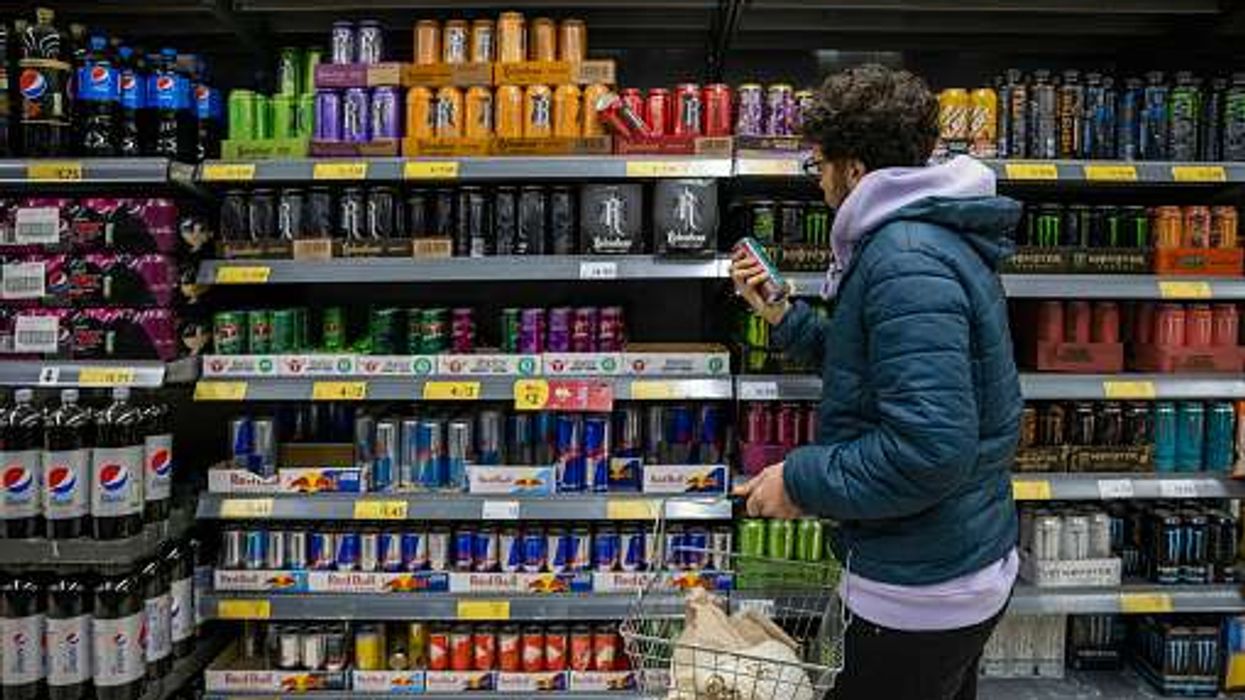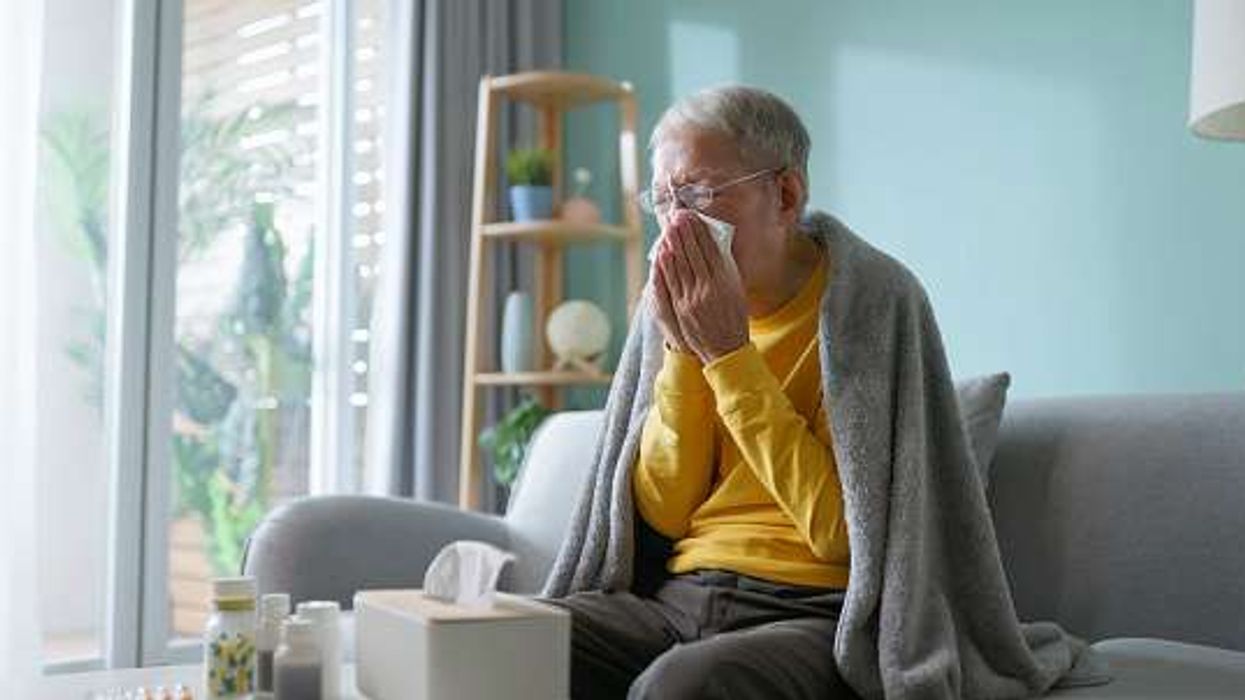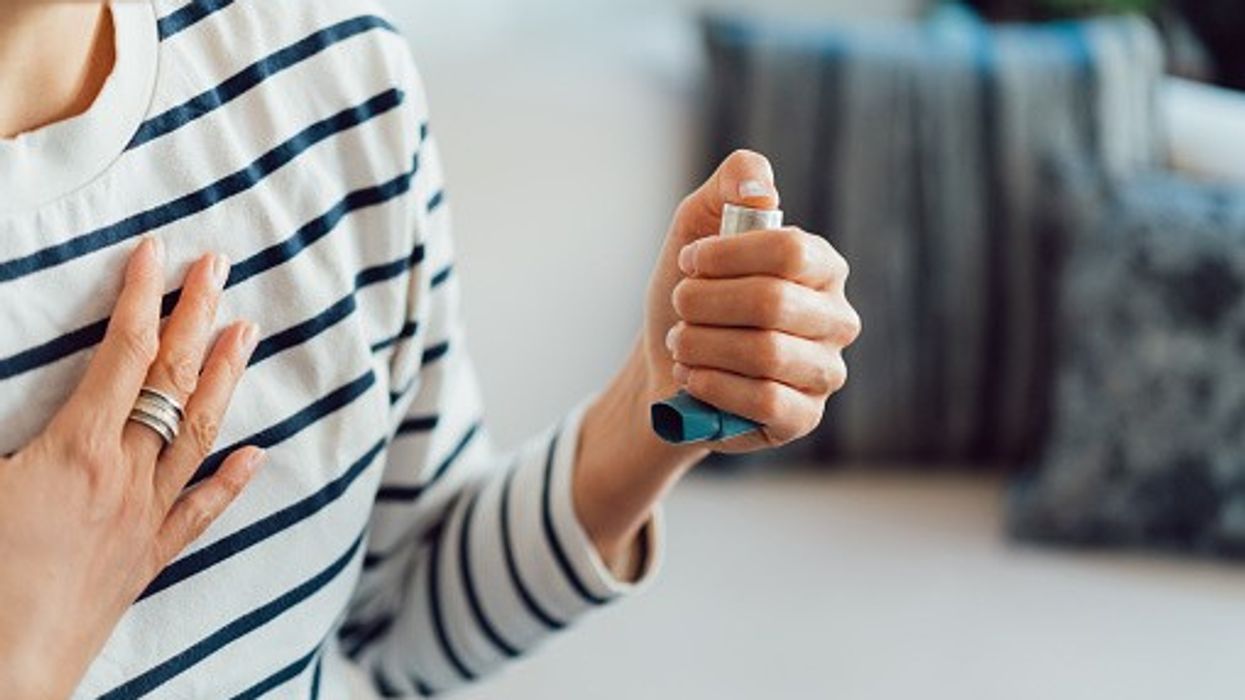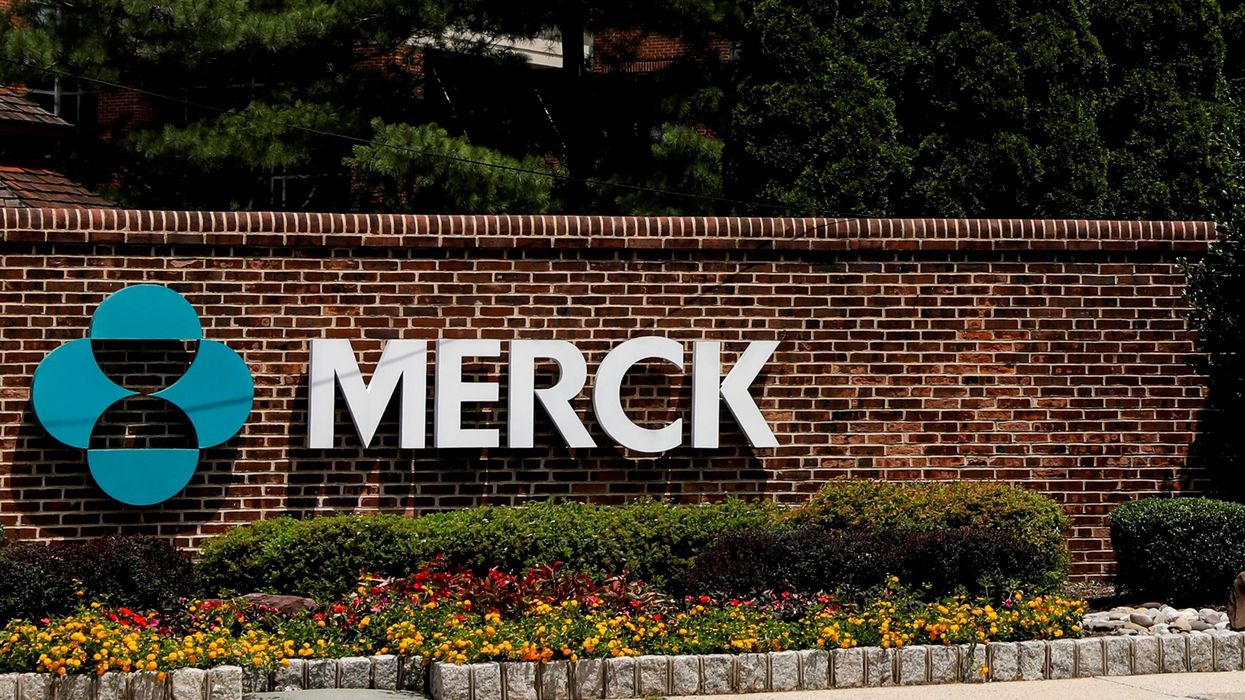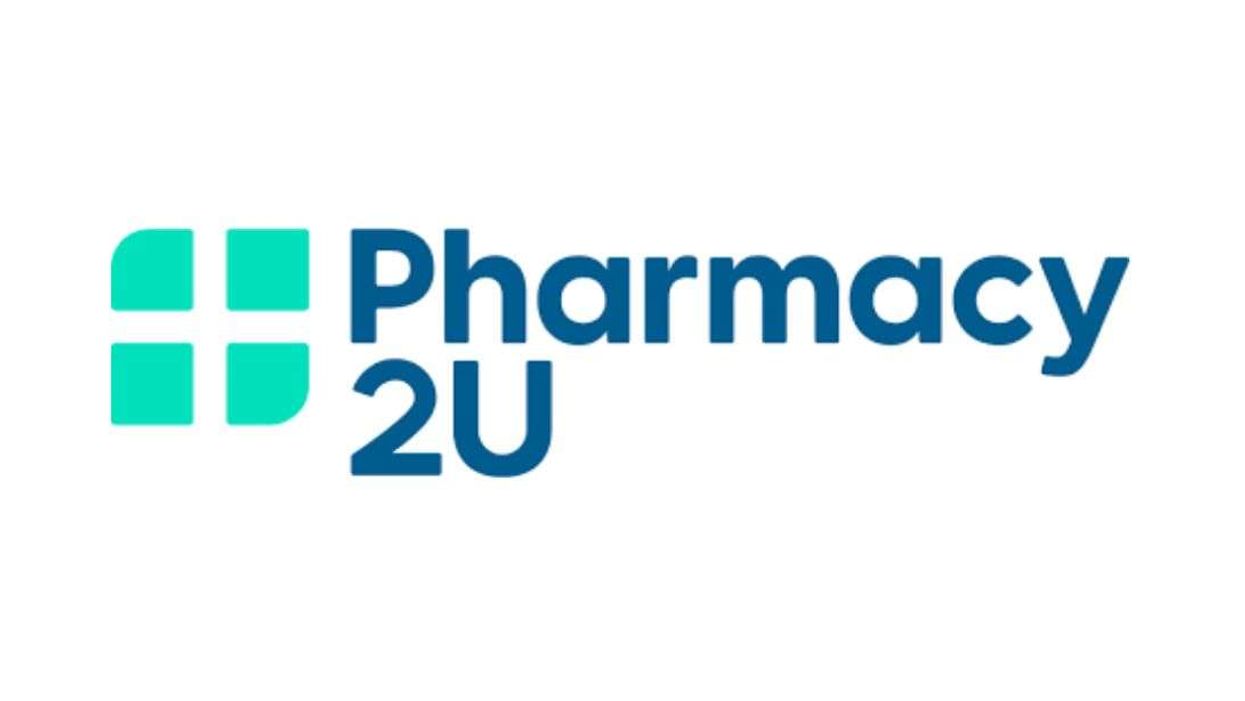Key Summary
- More high-sugar drinks now taxed (threshold lowered to 4.5g/100ml)
- Aims to reduce obesity and dental decay
- Reformulated drinks already show strong sales growth
The UK government has extended the soft drinks levy to more high-sugar drinks, making it easier for families to buy less sugary products for children.
The tax is applicable on sugary fizzy soft drinks as well as milk-based and milk alternative drinks like supermarket milkshakes, flavoured milks, sweetened yoghurt drinks, chocolate milk drinks and ready-to-drink coffees.
The threshold has been lowered from 5g to 4.5g of sugar per 100ml. This means more high-sugar drinks will fall under the levy unless manufacturers reduce sugar.
The companies have time till January 1, 2028 to remove sugar or face the new charge.
The new plans are expected to reduce daily calorie intake by around four million in children and 13 million in adults across England.
This can help bring down cases of obesity, which is one of the root causes of diabetes, heart disease and cancer.
The UK now has the third highest rate of adult obesity in Europe, and it costs NHS £11.4 billion a year, three times the NHS budget for ambulance services.
High sugar intake also puts children at greater risk of dental decay, which is one of the most common childhood conditions.
This decision was made after a government consultation this year, and His Majesty's Revenue and Customs (HMRC) on Tuesday (25) published the final policy.
“Ending the exemption for sugary milkshakes and bringing more sugary soft drinks into the levy is a sensible and long-overdue step to protect children’s health - especially their teeth,” said Katharine Jenner, executive director at Obesity Health Alliance.
She also said, “We now urge the government to press on with implementing the rest of its 10 Year Health Plan - helping to rebuild a food environment that supports children’s health rather than undermines it."
Between 2015 and 2024, the levy has led to a reduction in sugar levels in affected products by almost half.
This has actually benefited businesses, with a rise in sales of these drinks.
According to comprehensive Department of Health and Social Care data, these products recorded a 13.5 percent rise in volume sales (litres) between 2015 and 2024, demonstrating strong consumer acceptance and the commercial viability of healthier reformulated beverages.
The latest change is part of a package of measures to tackle obesity and prevent heart disease, stroke and cancer.
They include, banning junk food advertisements before 9 pm, banning sale of high-caffeine energy drinks to children aged under 16, and empowering local authorities to stop sale of fast food near schools
Health secretary Wes Streeting said, “An unhealthy start to life holds kids back from day one, especially those from poor backgrounds like mine. We’re on a mission to raise the healthiest generation of children ever, and that means taking on the biggest drivers of poor health.
“The levy has already shown that when industry cuts sugar levels, children’s health improves. So, we’re going further.”








